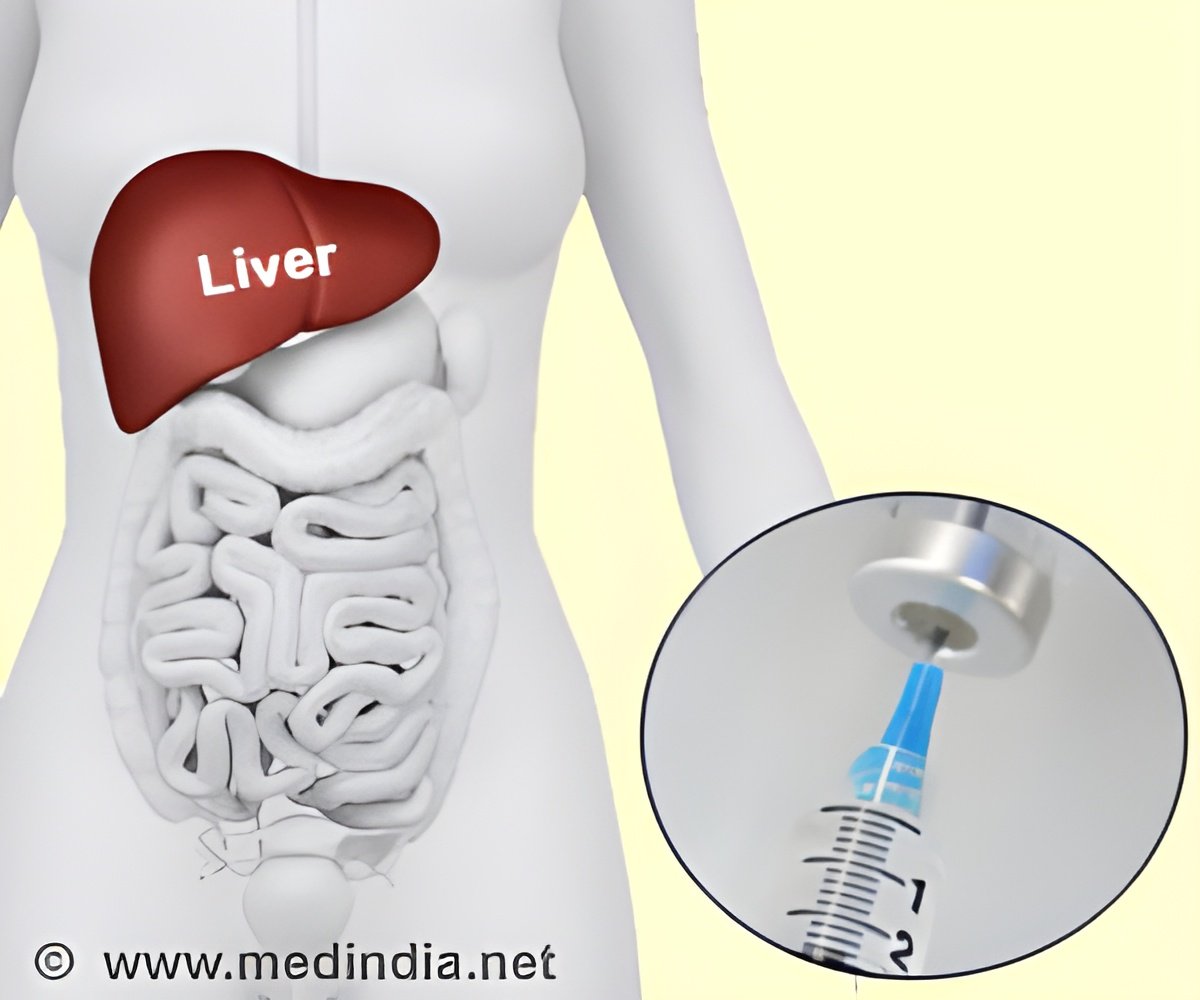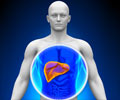Hepatitis C rates among younger adults are on the rise. Hence experts suggest more universal testing guidelines should be followed for early detection and better outcomes.

‘Nearly 300 million people worldwide are unaware they are living with viral hepatitis, according to the Centers for Disease Control and Prevention.
’
Read More..




"Hepatitis C rates among younger adults are on the rise, fueled largely by injection drug use associated with the opioid epidemic," says Camilla Graham, MD, MPH, an infectious disease specialist at BIDMC. "Since 2004, infection rates have risen 133%, with the most dramatic increases within the 18-29 and 30-39 age groups." Read More..
The U.S. Prevention Services Task Force advises hepatitis C screening in all adults aged 18-79 years, regardless of known risk factors as well as for teens who engage in injection drug use.
"This type of universal screening is important because many people don't know how or when they were infected, and you can live decades without symptoms," says BIDMC's Michael Curry, MD, Section Chief, Hepatology. "If left untreated, it can cause serious liver damage, and by the time symptoms do appear, the damage is usually advanced."
The easiest way to know if you have hepatitis C is through a blood test. "Testing is simple, and can be added to other routine blood work that your primary care physician may order," Graham says. "For many of us who are seeing patients virtually, we can accumulate lab orders from various providers to ensure your in-person visit to a lab is easy and efficient."
If bloodwork shows you have antibodies to the virus, a second test will be performed to look for an active infection. "Anyone with an active infection should receive treatment," Curry says. "Hepatitis C is curable and is usually accomplished with only 8-12 weeks of oral treatment."
Advertisement
Source-Newswise















